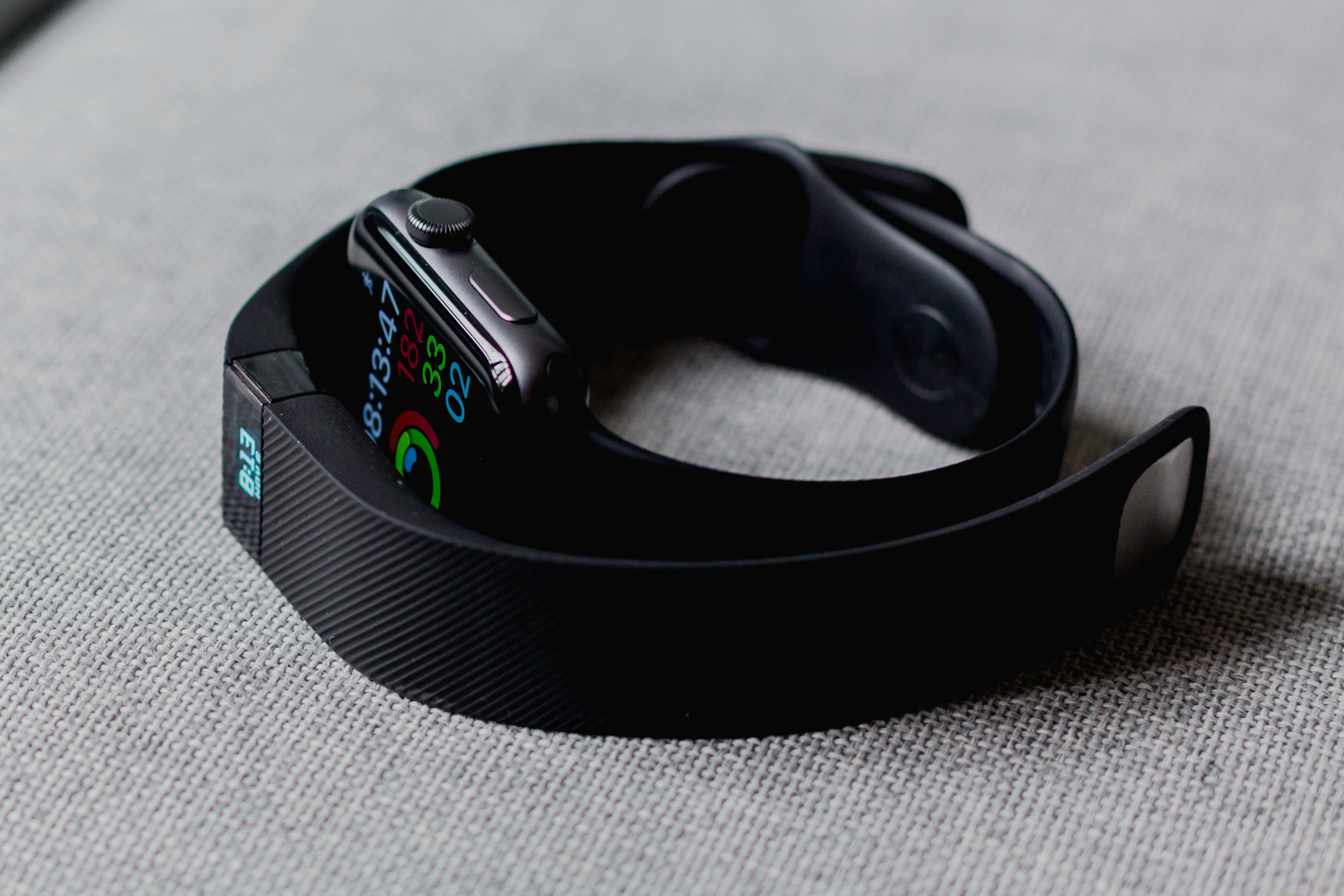
Is it time to throw away your FitBit? New studies revealing the nonsignificant benefits of consumer fitness apps and wearable devices are raising the question.
Although activities like counting steps or tracking calories through a mobile app or wearable device may help a user feel more in control of their wellness, it turns out that these digital tools are not all that effective in actually improving health.
Not only that, but the rapid growth of tech has left most regulatory measures behind; as a result, many popular health apps and devices don’t have restrictions surrounding data privacy. Without those restrictions, there’s no way of knowing whether that wealth of personal, often intimate, data is being protected — or who’s seeing it.
Even as these studies identify the problems with consumer health technology, they hint at a solution: the issues they uncover show a path forward for engaging consumers while improving outcomes.
For example, one issue that researchers highlight is the lack of sustained engagement over time. Without the accountability and support of human interactions, most fitness and wellness goals driven by mobile apps and wearables don’t have staying power.
In contrast, a digital solution that securely connects a consumer with a care provider can deliver the proper balance of independence and accountability. Sharing data with a care provider in a HIPAA compliant manner, instead of communicating it to the void with no real idea where it is going or who is seeing it, is the first step to improving engagement.
Studies also show that consumers are better able to sustain engagement when they are working within a definite timeline. Without these definable objectives, users often plateau and lose interest.
To combat the loss of motivation, digital tools need to offer quantifiable goals. Not just “hit [x] number of steps” every day ad infinitum, but rather “hit [x] number of steps on [y] days, for [z] amount of weeks.” Built-in reminders and incentives can also encourage users to engage.
Finally, the tendency of these apps and devices to focuses on multiple goals limits their effectiveness. An app that requires a user to track diet and physical activity, for example, can be overwhelming, hard to manage, and ultimately untenable for a user.
In contrast, an app that focuses on a single, manageable goal is much more likely to hold a user’s attention, producing better outcomes and sustained engagement.
The question that we should be asking is not whether to get rid of our wearables and delete our fitness apps, but what things should we be looking for in these popular trackers to make sure that we are getting positive benefits? The following are a good start:
- The security of protected data-sharing
- Accountability through a provider connection
- The motivation of quantifiable goals
- Sustainability from focused tasks

Submit a comment